How a Peer-to-Peer System Changed a Whole Industry!
The music industry has worked for a long time in the following way: musicians made contracts with studios , which recorded the songs, produced and marketed the music records on a variety of media (e.g., vinyl, tape, or CD), which in turn were sold to the customers via a variety of distribution channels, including department stores and specialized shops. The studios actually worked as intermediaries between musicians and people who enjoy listening to music. Music studios could maintain their role as intermediaries due to their exclusive knowledge and skills in producing, marketing, and distributing records. However, in the first decade of the 2000s, the environment in which the music studios operated changed dramatically.
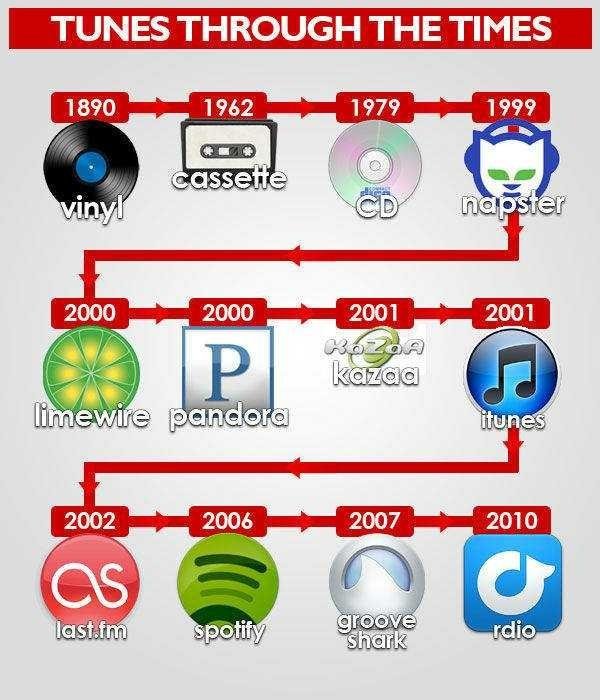
The digitalization of music , the availability of recording equipment at affordable prices, the growing spread of privately used PCs, and the emergence of the Internet made music studios dispensable. The three functions of music studios—producing, marketing, and distributing records—could be done by the artists and the consumers themselves. Napster played a major role in the replacement of the music studios as intermediaries.
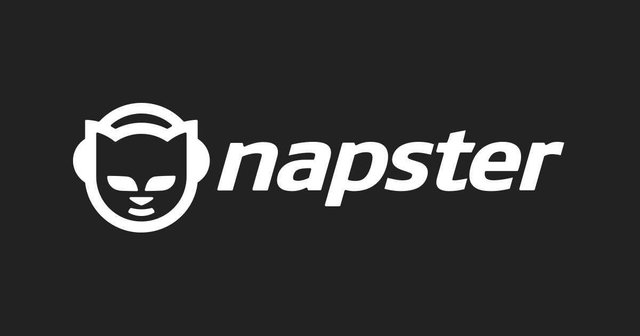
With Napster, people no longer relied on the music studios to get the latest hits. It was possible to share individual music files with people all over the world without the need to buy any CDs . The peer-to-peer approach of Napster , actually being a kind of a digital sharing bazaar for mp3 files, gave consumers access to a wider range of music than ever before, making the music studios partly dispensable and causing them significant losses.
The Potential of Peer-to-Peer Systems
The Napster case taught us that peer-to-peer systems have the potential to reshape whole industries based on a simple idea: replacing the middleman with peer-to-peer interactions. In the case of the music industry, the traditional studios and their marketing and distribution channels that acted as the middlemen between artists and consumers have been replaced by peer-to-peer file sharing systems. The major characteristics that made the music industry so vulnerable to being replaced by peer-to-peer systems are the immaterial nature of music and the low costs of copying and transferring data.
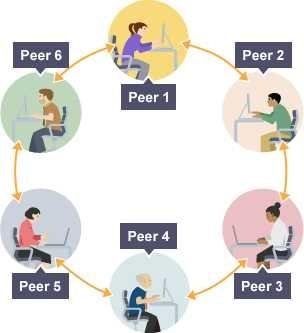
The power of peer-to-peer systems is not restricted to the music industry . Each industry that mainly acts as a middleman between producers and customers of immaterial or digital goods and services is vulnerable to being replaced by a peer-to-peer system. This statement may sound a bit abstract, but you may discover many middlemen for immaterial and digital goods and services around you once you recognize the largest of them all: the financial industry.
What is it that you have in your bank account or on your credit or debit card? Is it really money? The money you own has been turned into immaterial bits and bytes long ago. Only a small amount of actual money exists as physical banknotes and coins. The vast majority of the world’s money and assets exists as immaterial bits and bytes in the centralized information technology systems of the financial industry. Banks and many other players of the financial industry are just middlemen between producers and consumers of bits and bytes that make up our money and our wealth.
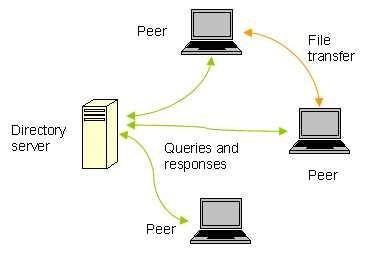
The act of borrowing, lending, or transferring money from one account to another is just the transfer of an immaterial good operated by middlemen, also called intermediaries . It is amazing how many middlemen are involved in seemingly simple transactions (e.g., transferring money from one bank account to another one in a different country involves up to five middlemen, which all need their processing time and impose their own fees).
As a result, something as simple as transferring an amount of money from one bank account to another in a different country involves a long processing time and incurs high transactions costs. In a peer-to-peer system, the same transfer would be much simpler and it would take less time and costs since it could be processed as what it is: a transfer of bits and bytes between two peers or nodes, respectively.
The advantage of peer-to-peer systems over centralized systems is that direct interactions occur between contractual partners instead of indirect interactions through a middleman, hence, there is less processing time and lower costs.
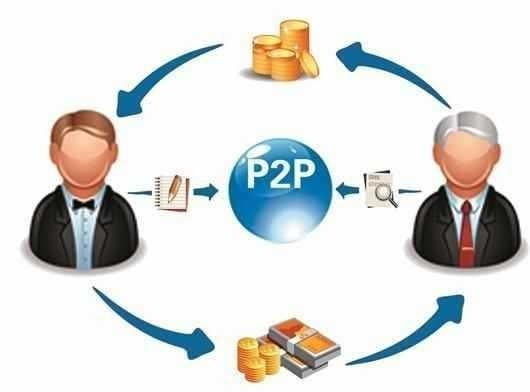
The advantagesof peer-to-peer systems are not restricted to money transfer . Every industry that mainly acts as a middleman between producers and customers of immaterial or digital goods and services is vulnerable to being replaced by a peer-to-peer system. As digitalization continues, more and more items of everyday life and an increasing amount of goods and services will become immaterial and will benefit from the efficiencies of peer-to-peer systems. Advocates of peer-to-peer systems argue that almost all aspects of our life will be affected by the emergence of digitalization and peer-to-peer networks such as payments, money saving, loans, insurance, as well as issuance and validation of birth certificates, driving licenses, passports, identity cards, educational certificates, and patents and labor contracts.
Most of them already exist in digital form in centralized systems run by institutions that are nothing other than a middleman between natural suppliers and customers.
This is not my content and I found this interesting while reading the book blockchain basics by Daniel Drescherand and so thought to share.
Social:
LinkedIn: https://www.linkedin.com/in/arun-chaubey-779315110
Instagram: https://www.instagram.com/arun_chaubey
Steemit: https://steemit.com/@arunchaubey21

Hi! I am a robot. I just upvoted you! I found similar content that readers might be interested in:
https://link.springer.com/chapter/10.1007/978-1-4842-2604-9_3/fulltext.html
Downvoting a post can decrease pending rewards and make it less visible. Common reasons:
Submit
Opportunities come infrequently. When it rains gold, put out the bucket, not the thimble
Downvoting a post can decrease pending rewards and make it less visible. Common reasons:
Submit